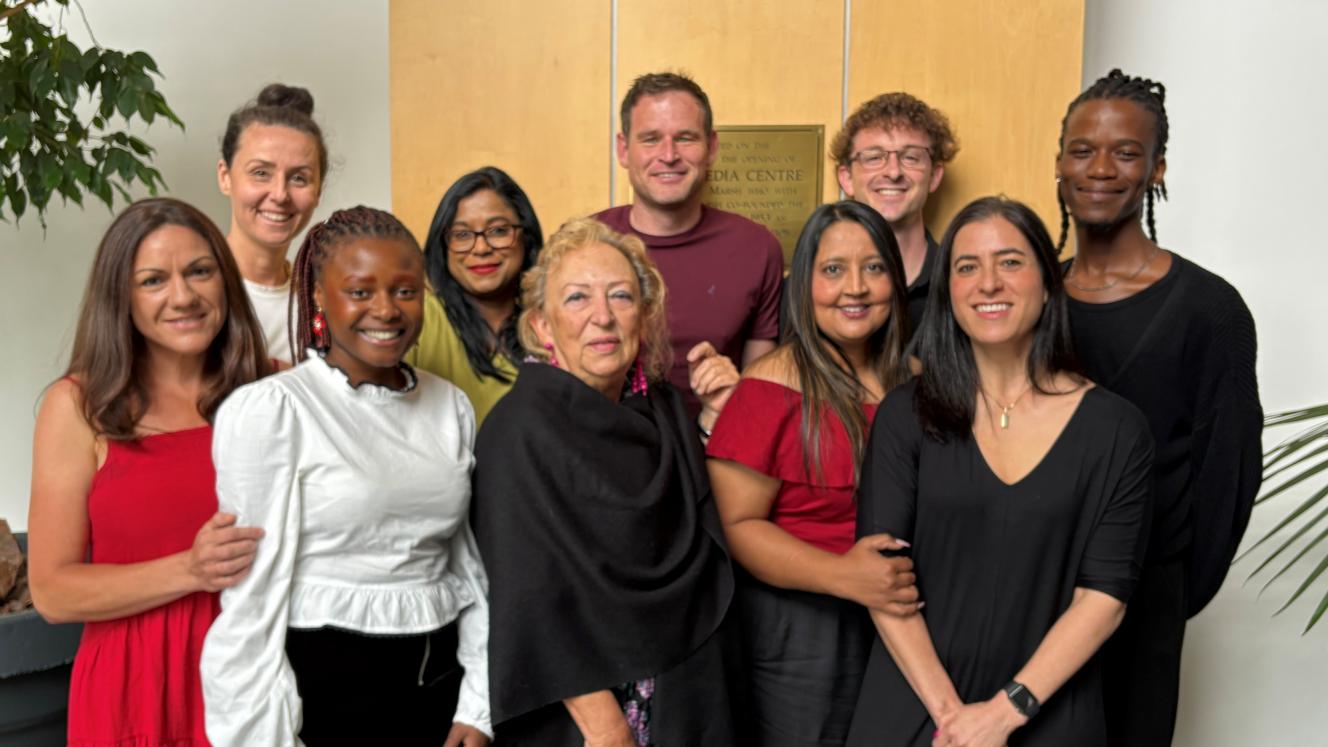The UNWTO has released a report highlighting the progress made by global tourism in measuring greenhouse gas (GHG) emissions and the remaining challenges.
According to the UNWTO, measuring GHG emissions is key for climate action, however, due to the complex, diverse nature of the tourism sector, measurement can be challenging.
The report, developed with support from Germany’s Federal Ministry for the Environment, Nature Conservation, Nuclear Safety and Consumer Protection, has been released in collaboration with UN Framework Convention on Climate Change. It provides an overview of methodologies and tools for GHG measurement, focusing on three areas: accommodation, tour operators, and destinations.
Key findings are:
Accommodation:
- The accommodation industry is better positioned to measure GHG emissions than other tourism sectors.
- The Hotel Carbon Measurement Initiative is the most widely-used tool. Usage is free for calculating properties’ carbon footprint.
- New tools are looking to simplify the process for SMEs.
Tour operators:
- Different operational structures make measurement challenging for tour operators.
- Many frontrunners are using consultants to address the specifics of their operations.
- There is no consensus over the inclusion of aviation in tour operators’ calculations.
Destinations:
- Destinations have the least purpose-designed methodologies or tools available to measure GHG emissions.
- Most of the work on measuring emissions in this area lies with academia.
- Certain frontrunner destinations have developed their own solutions, including Finland, Scotland, Norway, Valencia in Spain, and the Canary Islands.
The report found new generations of tools and resources that focus on enabling easy access to and making use of commonly available data sources, showing progress towards integrated measurement and targeted guidance for more efficient reporting and effective decarbonisation efforts.
Key recommendations:
- Developing tailored guidance for different stakeholder groups (destinations, accommodation, tour operators).
- Achieving a balance between the need to accurately measure and the priority to scale up engagement, efficiency, and progress.
- Promoting the benefits of measurement by showcasing evidence-based changes in practice and advancing climate risk valuations to mobilise support.













